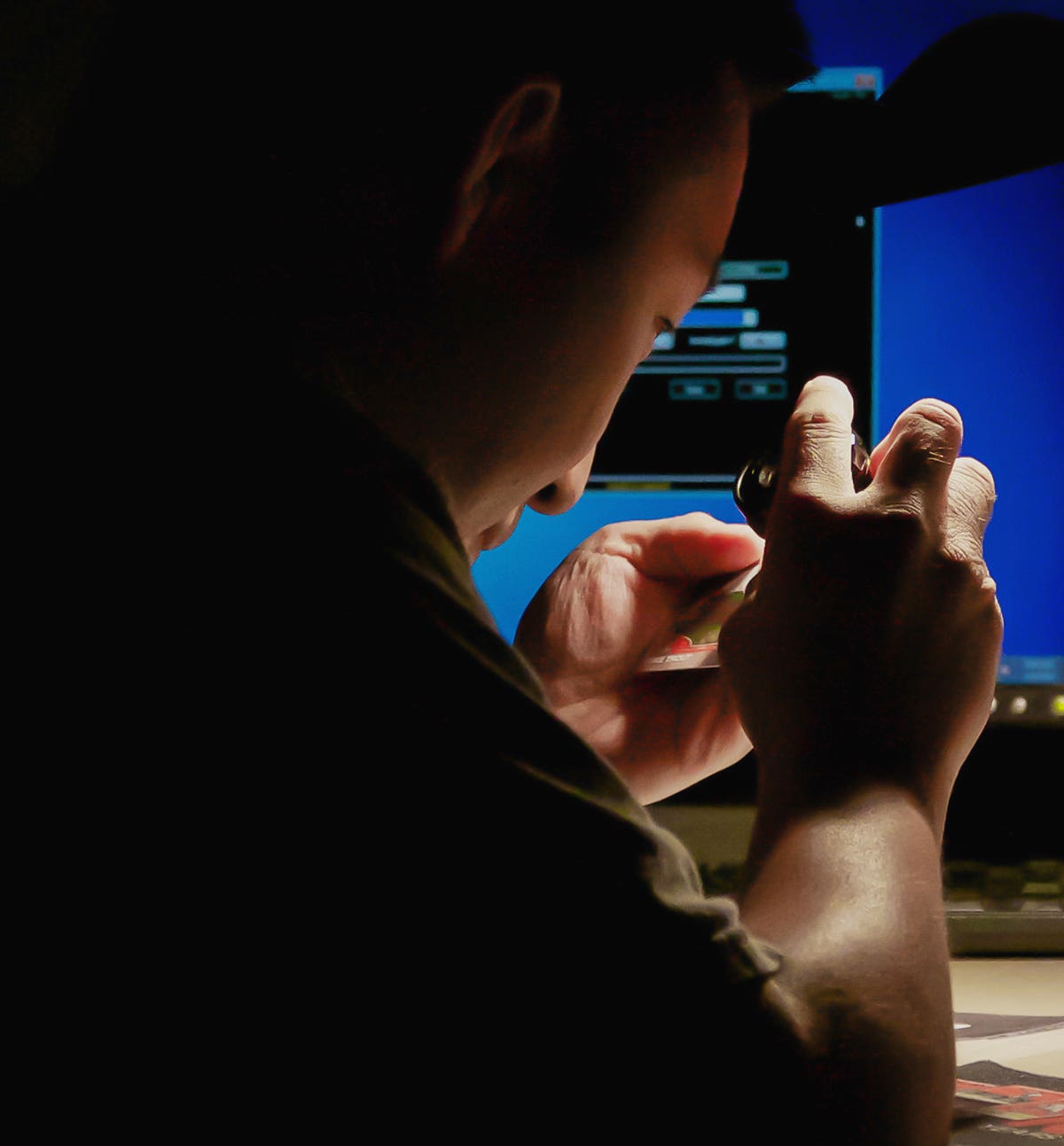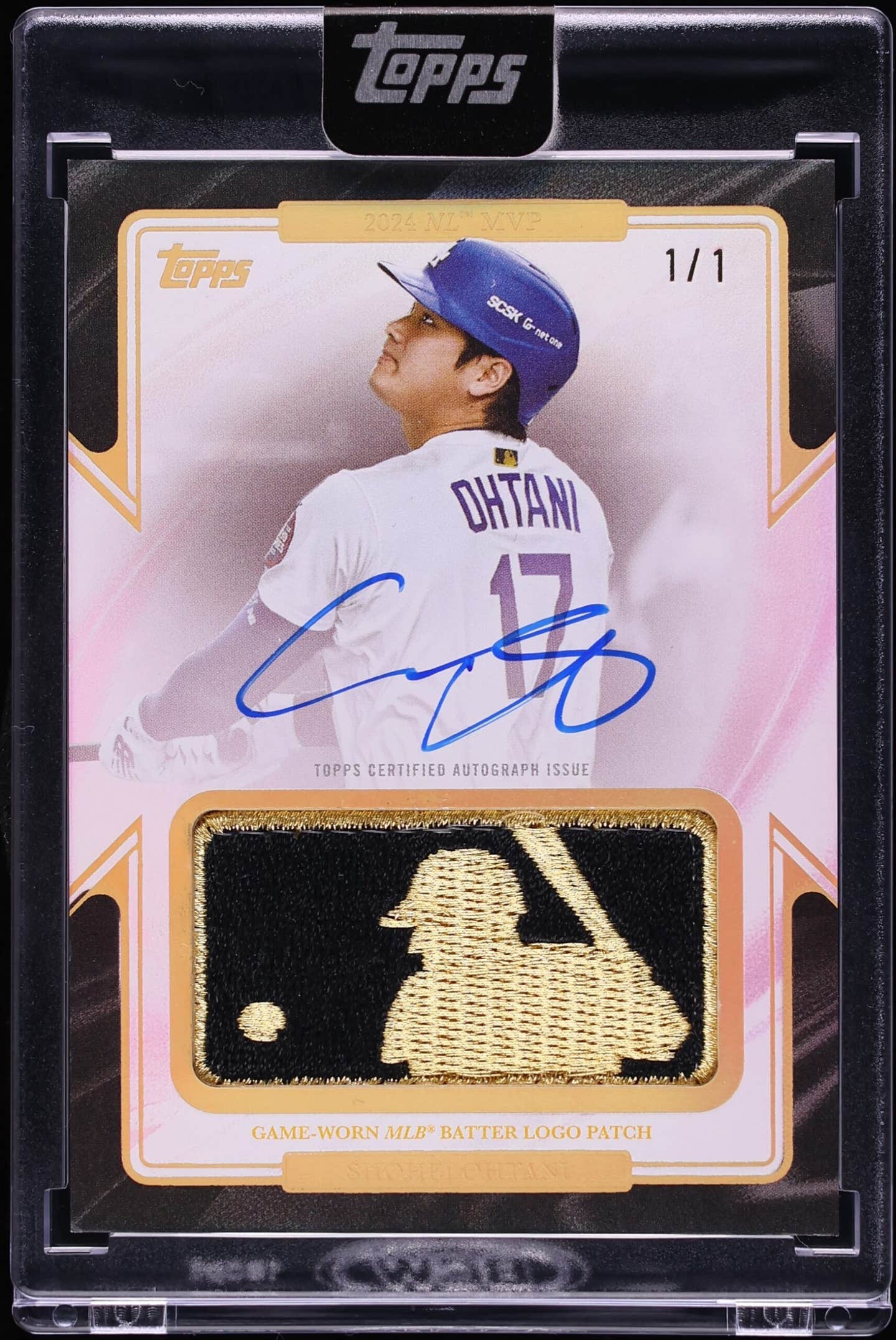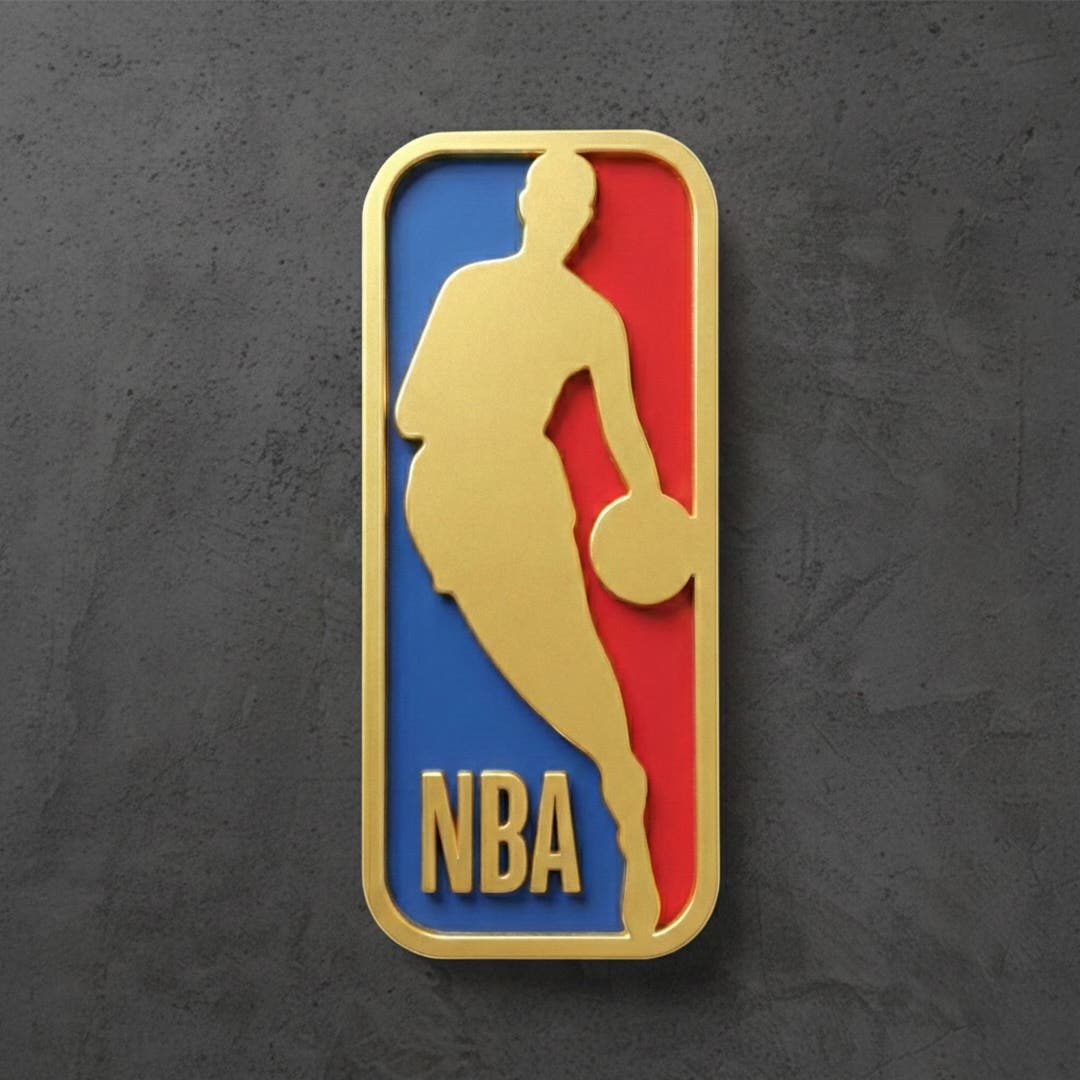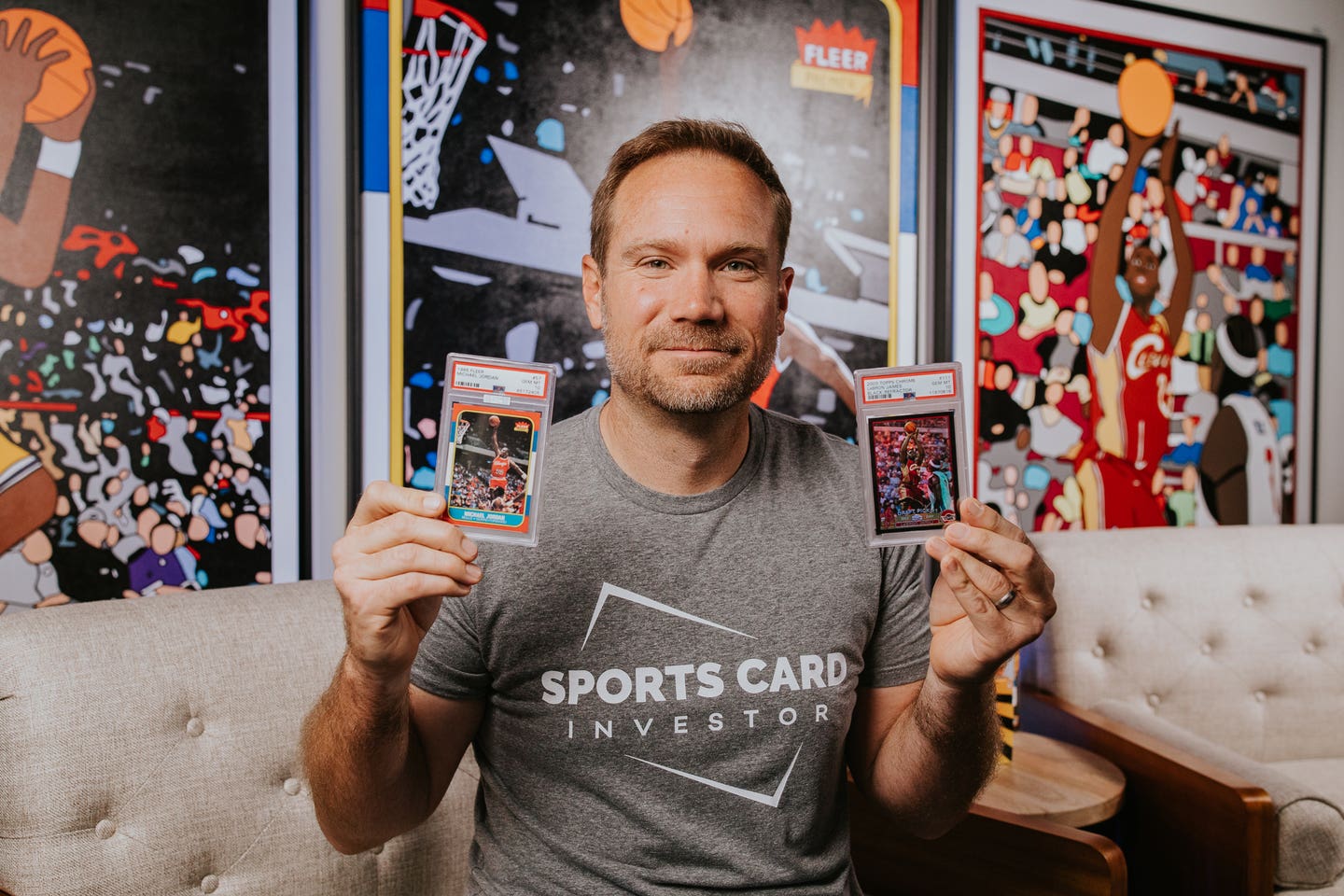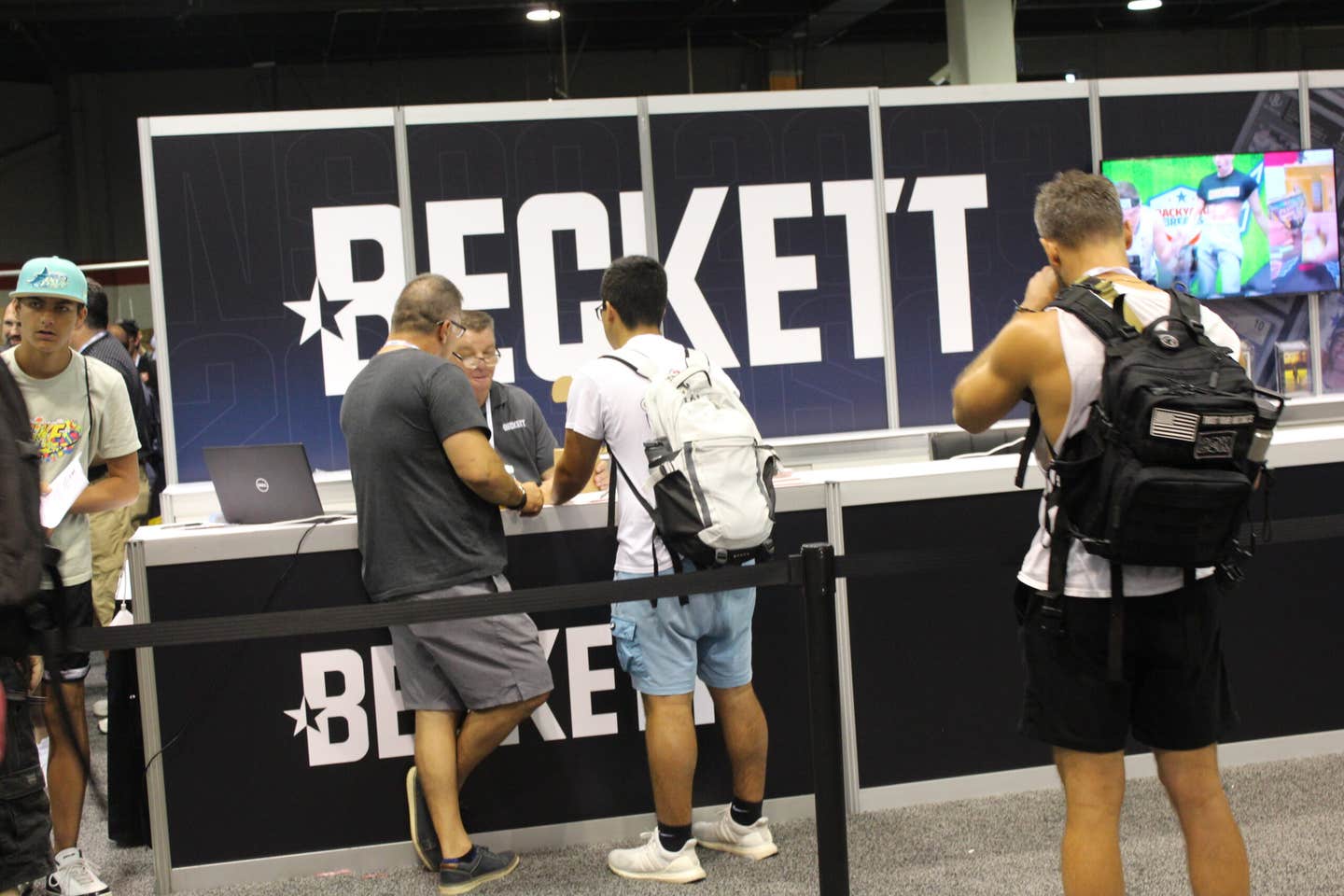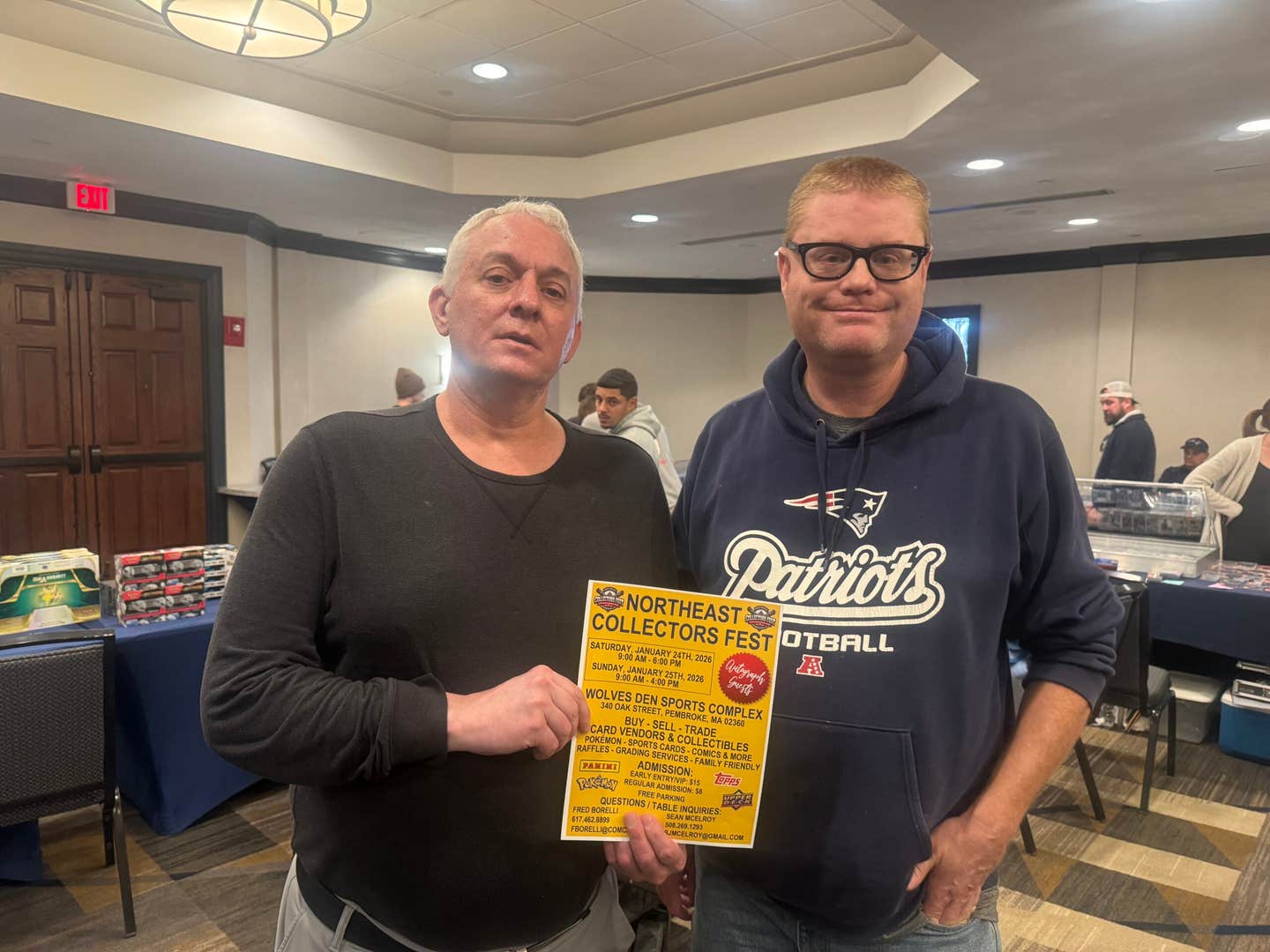News
Willie Wilson has found an upside to signing
Willie Wilson was one tough autograph to get during his playing days, which stretched from 1976-94. And he’s the first to admit that. He was one of the most elusive major leaguers around, rarely obliging the swarm of autograph-seekers that followed him.
In fact, he regularly would tell autograph hounds his opinion, whereas other players would just keep walking away.
“That’s why my reputation was that I was a hard autograph to get, because I would scold the guy,” Wilson said. “I know back when I played, I was a pretty tough autograph to get. I guess, subconsciously, I was thinking about when I retired.”
Or about autograph experiences that irked him.
“One day, I tried to fulfill everyone’s (autograph) wish after a game, and a guy bumped into my wife who was holding our first child who was only a few months old at that time. When he bumped her, she almost fell down, but I caught her and baby,” Wilson said. “And it was all for an autograph.
“That really turned me off on a lot of things related to autographs. To me, that autograph was more important than a human being, and that’s when I decided, at that particular point, that I’d be a tough autograph to get.”
Wilson added that other practices also turned him off to autograph hounds.
“I saw people selling autographs. I saw people taking advantage of kids for autographs,” Wilson said. “So, it was difficult for me to continue signing autographs. Plus, I thought if I was talking to you, that was more of a memory than writing my name on a piece of paper.
“When I was playing, I never really liked signing autographs because I never thought I was any different from anyone else. Playing baseball, and playing well, was my job. Signing autographs was not my job. But as a young man, you don’t know the difference.
“There often are collectors who spoil autographs for the people who are really trying to collect items as a souvenir.”
Wilson, a 2000 inductee into the Royals Hall of Fame, said he’d often see guys with a stack of glossy photos several inches thick. They would want him to sign every photo, but then they got mad when he’d only sign two of 20.
“It’s an industry now, just like anything else,” he said. “I think there are certain people who are good at it and certain people who are not good at it. If you’re going to make money in the autograph industry, hey, that’s fine, but be up front with the athlete. I know collectibles is a business, and I don’t want to stop you from doing your business or making your money, but don’t get mad at me when I ask for money, too.”
A productive career
Wilson, an outfielder known for his speed and ability as an effective leadoff hitter, made his major league debut for the Kansas City Royals on Sept. 4, 1976. He played his last major league game on May 16, 1994, for the Chicago Cubs. His career also included a two-year stint with the Oakland A’s.
Wilson was a .285 lifetime hitter with 668 career stolen bases. He had 41 career home runs in his 2,154 games played.
A switch-hitter, Wilson was an American League All-Star in 1982 and 1983. He was named an outfielder on The Sporting News AL Silver Slugger Team in 1980 and 1982. Wilson won a Gold Glove and finished fourth in the MVP voting during his record-setting 1980 campaign.
That year, of course, is the season Wilson led the league in plate appearances, and his 705 official at-bats that season were a major league record until it was surpassed by Jimmy Rollins in 2007.
Wilson also won the American League batting championship in 1982, with a .332 average.
And he’s still remembered by fans.
“Nowadays, I don’t mind autographs,” he said. “I know they are a business, and I know they are something that people want. But now I use autographs to my advantage. Now, I don’t get crazy or upset about autographs.”
Wilson willingly signs by mail with a $20 donation per autograph for the Children’s Miracle Network.
Now living in Toronto, Wilson runs Willie Wilson Baseball Foundation, while also conducting baseball clinics for kids. He also plays in a few old-timers games annually and is a regular public speaker.
“I’m trying to help people, help kids. I seem to get along better with kids because they tell you the truth all the time,” he said. “The Foundation, which I’ve had since 2004, keeps me busy. I’m now just doing my stuff, hanging out, having fun. I’m taking care of my kids and my family.
“I’m probably busier now than I was when I was playing. I’m doing a lot of things, getting my face seen, though in a different light.”
And while he’s known for his exploits on the field, he doesn’t hesitate when asked if he misses playing.
“No. I don’t miss an umpire calling me out. I don’t miss fans yelling and screaming at me when you’re a visiting team. What I do miss is the camaraderie with the players, just hanging out with them,” he said.
As expected, Wilson, who appeared this summer in Chicago at the 29th annual National Sports Collectors Convention, doesn’t seek autographs from other players, either.
“It’s great that people still want to get your autograph,” he said. “I won’t go around asking for autographs (at shows). Instead, I’ll go around and shake people’s hands or give them a hug. Autographs are just something that I don’t need. I don’t need a piece of paper signed by someone just to say that I met him.”
Wilson is also not a card collector, although he has the majority of his cards, dating back 1979 Topps rookie edition.
“The cards I have are for my kids,” he said.
Wilson’s prized collectible is a pictorial of players with more than 500 stolen bases. It’s signed by about 25 players, but not Rickey Henderson.
“I had everyone sign that except Rickey Henderson. Now I can be mad at Rickey (for not signing it), or I can understand why he didn’t want to sign it,” Wilson said.
Wilson said when asked, Henderson said he wanted to get paid to sign it.
Did it surprise him that Henderson would not sign?
“No, it didn’t really surprise me, and I understood (his rejection),” Wilson said.
“Early in the season and early in my career, I was on a plane from Kansas City to New York, and I met this lady and her son,” Wilson said. “I signed some items for them, and then left them tickets to a game at Yankee Stadium. They came, had a ball and then, afterward, I got a great letter from the young man,” Wilson said.
“There’s always something good, a good story, but it seems like people don’t want to hear the good. They came to the game and had a great time; that’s all that mattered to me. And the only reason I got them the tickets was because the boy was polite. He said, ‘Yes sir’ and ‘No sir.’
“When people were not (polite), that really bugs me.”
Down to the last day
Wilson hit 13 inside-the-park home runs, the most of any Major League player playing after 1950.
“I got the chance to play with and against some pretty good players, some pretty good Hall of Famers. That was special and something I’ll always have in my memory bank,” Wilson said.
Not to mention his two trips to the World Series.
In the 1980 World Series, though, Wilson had the dubious distinction of setting a World Series record by striking out 12 times, including the final out against Tug McGraw. The Royals lost the ’80 Series in six games to Philadelphia.
“The World Series was an event I always wanted to get into,” he said. “Winning the World Series in 1985 was the pinnacle of my career. I had done everything else I had wanted to do at least once, such as stolen base championship, a batting championship.
“Beside the World Series, the personal accomplishment I am very proud of is to have won a batting championship, not to mention hitting over .300 for five years in a row. That was pretty cool.
“The 1980 World Series was disappointing, very disappointing. Personally, it was a great individual year, but we didn’t fulfill our team dream and that was to win the World Series. Yeah, we defeated the Yankees (in the playoffs) and that was one of our biggest hurdles, but we ultimately didn’t win the World Series. So that was very disheartening.”
Wilson won the 1982 AL batting title with a .332 average, including three home runs and 15 triples.
“The thing that I remember about (1982) the most was that I played 161 games. It was the last game of the season, and Robin Yount and I were going for the title. I came into the ballpark on the last day of the season and the manager and general manager said that they didn’t want me to play,” he said.
Wilson replied, “Why?”
He was told because Yount had to go 5-for-5 to beat him.
Yount ultimately went 4-for-5 and, on his last plate appearance, he lined out to center field.
“We were playing Oakland, and Billy Martin was the manager of the A’s. Billy called over to our side because he knew what was going on and asked, ‘Do you want us to delay the game until we know what Robin did?’
“Billy went out, delayed the game. Then the phone rang and reported that Robin had lined out,” Wilson said.
“Stuff like that you can’t really put on paper, but that’s what I remember about the 1982 batting championship.”
Ross Forman is a frequent contributor to Sports Collectors Digest and our sister publication, Tuff Stuff’s Sports Collectors Monthly.



